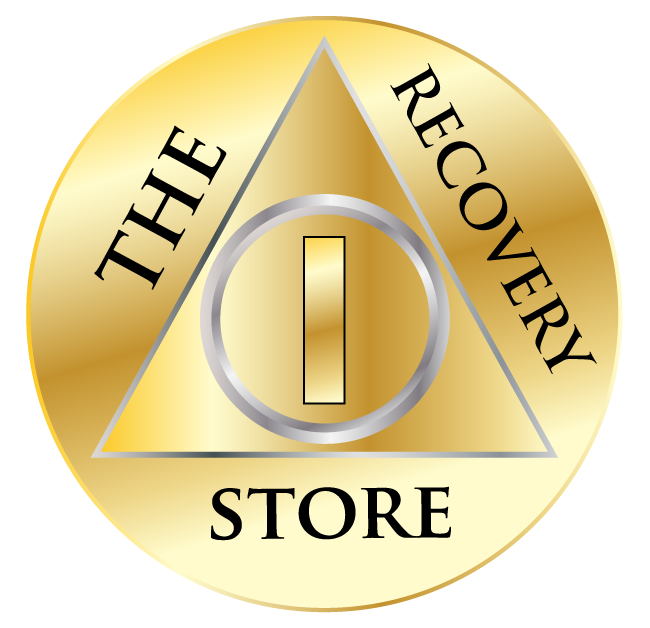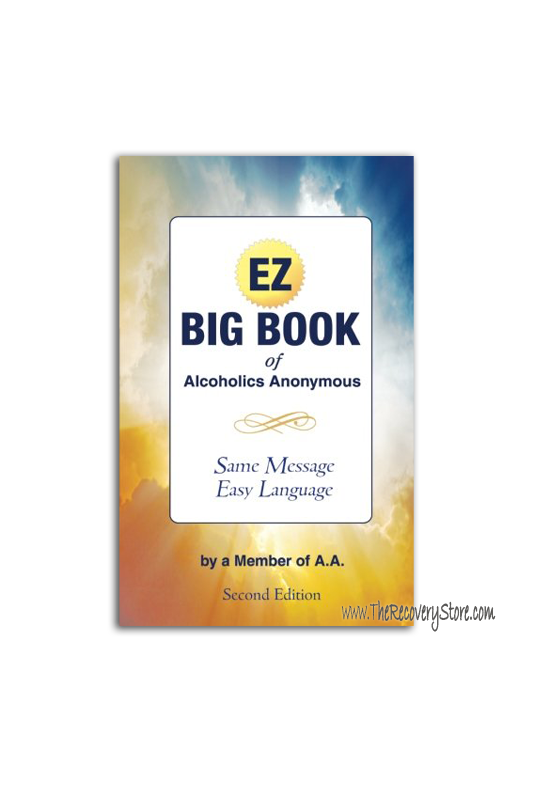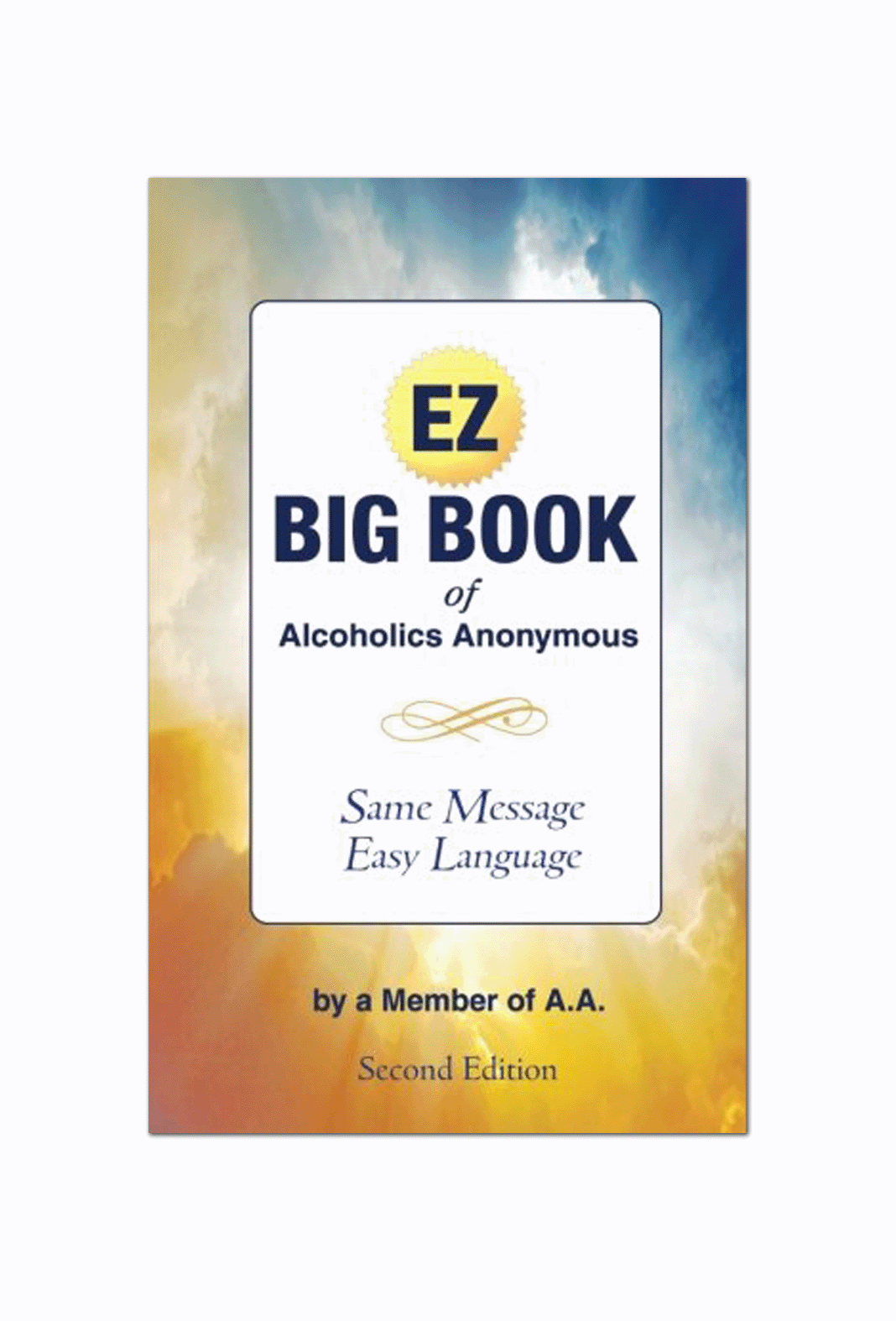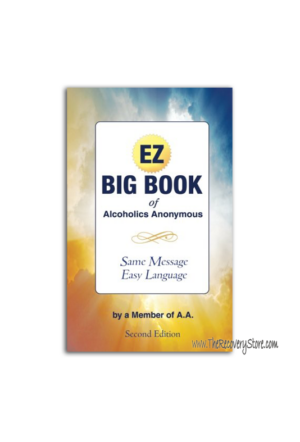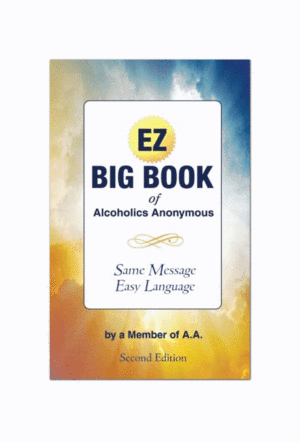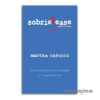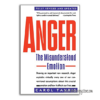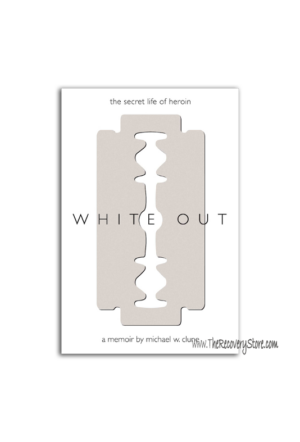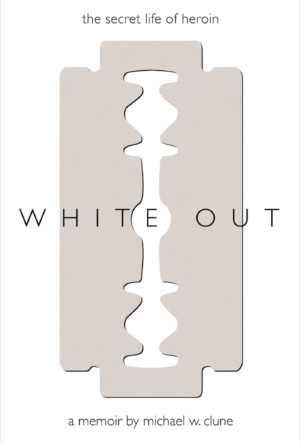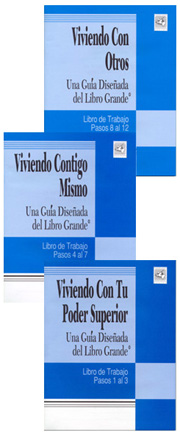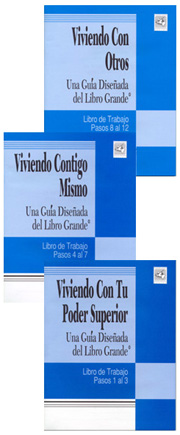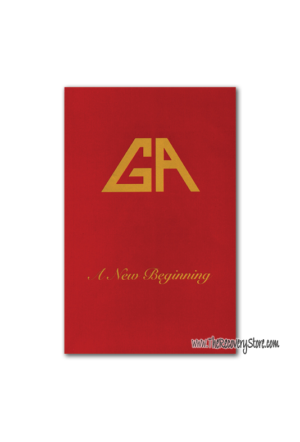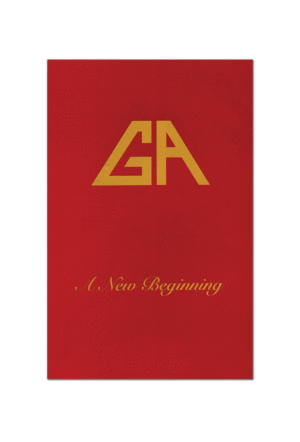The EZ Big Book Of Alcoholics Anonymous
$12.95
Same Message – Easy Language!
Finally! The book that thousands of alcoholics have been waiting for! An updated version of the “Big Book of Alcoholics Anonymous.”
This edited revision of the old, basic text is reader-friendly and carries the exact same message as the 1939 version of “Alcoholics Anonymous.” It’s written in a style that’s friendly to readers of any gender, race, or spiritual path. Until now, Bill Wilson’s 1939 book has never been edited for modern readers.
This book is for:
- Women who object to the sexist language in the original Big Book. The EZ Big Book is gender neutral.
- All partners of alcoholics, including gays and lesbians. The EZ Big Book makes no assumption about the genders or marital status of partners.
- Alcoholics at all reading levels. The language is reader-friendly and journalistic in tone.
- Readers of any faith, including agnostics. The spiritual references in the book are all-encompassing.
- Non-English speakers. Readers for whom English is a second language buy the EZ Big Book because the writing is simple and direct.
